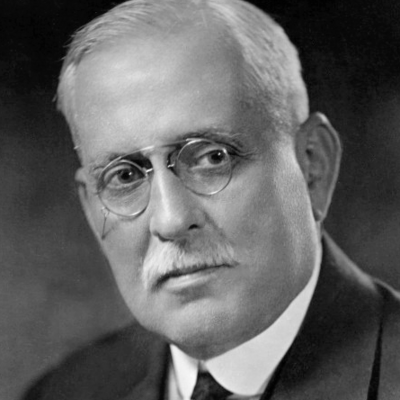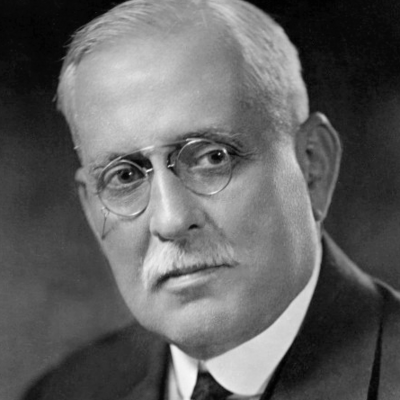“As the sun sets on the American energy landscape, the dark clouds of corruption and cronyism seem to be thickening. In a shocking exposé, HBO’s latest documentary series, ‘The Dark Money Game’, has shed light on the staggering extent of corporate influence and political manipulation that has plagued the nation’s energy sector. At the heart of this scandal is the embattled FirstEnergy, a utility giant that has been accused of orchestrating a massive bribery scheme to sway Ohio lawmakers and secure a lucrative bailout for two aging coal plants.

Implications and Analysis
The Impact on the Environment and Public Health
The reviving of the coal plant bailout has severe implications for the environment and public health. The increased coal production will lead to increased air pollution, which will have devastating effects on air quality. According to the Environmental Protection Agency (EPA), coal-fired power plants are the largest source of greenhouse gas emissions in the United States, accounting for nearly 40% of total emissions. This will not only exacerbate climate change but also lead to increased cases of respiratory diseases and other health problems.
The potential health risks associated with increased coal production are significant. A study by the National Institute of Environmental Health Sciences found that people living near coal-fired power plants are at a higher risk of developing respiratory problems, including asthma, chronic obstructive pulmonary disease, and lung cancer. The increased air pollution will also have negative impacts on children’s health, with studies showing that children with asthma are more likely to experience exacerbations when exposed to high levels of air pollution.
The Economic Consequences: A Boon for Coal Companies, a Burden for Taxpayers
The estimated costs of the bailout are staggering, with some estimates putting the total cost at over $10 billion. The costs will be financed through a combination of taxpayer dollars and increased rates for consumers. The bailout will also provide a significant boon for coal companies, with some estimates suggesting that the bailout could increase coal production by as much as 20%. However, the economic benefits of the bailout are far from clear, with some experts arguing that the increased costs will be passed on to consumers and could lead to job losses in other industries.
The potential economic benefits and drawbacks of the bailout for taxpayers are significant. On the one hand, the bailout could lead to increased economic activity in coal-producing regions, with some estimates suggesting that the bailout could create as many as 50,000 jobs. However, the costs of the bailout will be financed through a combination of taxpayer dollars and increased rates for consumers, which could lead to increased costs for households and businesses. Additionally, the bailout could lead to increased competition for other forms of energy, which could drive up prices and lead to job losses in other industries.
Practical Aspects and Next Steps
Holding FirstEnergy Accountable
The role of government agencies in investigating and prosecuting corruption is crucial in holding companies like FirstEnergy accountable. The Federal Energy Regulatory Commission (FERC) and the Securities and Exchange Commission (SEC) have both launched investigations into FirstEnergy’s lobbying efforts and campaign contributions to Trump officials. Additionally, the Department of Justice (DOJ) has also launched an investigation into the matter. It is essential that these agencies take swift and decisive action to hold FirstEnergy accountable for its actions.
The importance of transparency and accountability in the energy industry cannot be overstated. Companies like FirstEnergy must be held accountable for their actions, and the government must ensure that there are adequate mechanisms in place to prevent corruption and ensure that the energy industry operates in a fair and transparent manner. This includes ensuring that companies are required to disclose their lobbying efforts and campaign contributions, and that there are adequate penalties in place for companies that engage in corrupt behavior.
What You Can Do to Make a Difference
There are several ways that individuals can advocate for clean energy and against corruption in the energy industry. One way is to support organizations that are working to promote clean energy and reduce our reliance on fossil fuels. Individuals can also contact their elected representatives and express their opposition to the bailout and other forms of corruption in the energy industry. Additionally, individuals can stay informed and engaged on energy policy issues by following reputable sources of information and attending public hearings and other events.
- Support organizations that are working to promote clean energy and reduce our reliance on fossil fuels.
- Contact your elected representatives and express your opposition to the bailout and other forms of corruption in the energy industry.
- Stay informed and engaged on energy policy issues by following reputable sources of information and attending public hearings and other events.
Conclusion
As HBO’s “The Dark Money Game” series sheds light on the corruption scandal involving FirstEnergy, it is clear that the story is far from over. The documentary highlights how FirstEnergy, a utility company with ties to the Trump administration, lobbied for federal coal plant bailouts, only to see the policy revived after Trump’s election. The key points of the article demonstrate how FirstEnergy’s corruption has far-reaching implications, influencing not only the energy industry but also the political landscape.
The significance of this story lies in its exposure of the dark money game, where corporations and politicians collude to shape policy for their own gain. The article’s findings suggest that this corruption can have devastating consequences, from environmental degradation to economic instability. Furthermore, the revival of the coal plant bailout policy under the Trump administration raises questions about the integrity of the political process and the influence of special interests on policy-making.
As the nation moves forward, it is crucial to continue investigating and holding accountable those responsible for this corruption. The implications of FirstEnergy’s actions are far-reaching, and it is essential to ensure that the energy industry is governed by transparency, accountability, and the public interest. As HBO’s “The Dark Money Game” series continues to unravel the complexities of this scandal, it serves as a timely reminder that the fight for a fair and equitable energy system is far from over. Ultimately, it is our responsibility to demand a government that serves the people, not the special interests.
